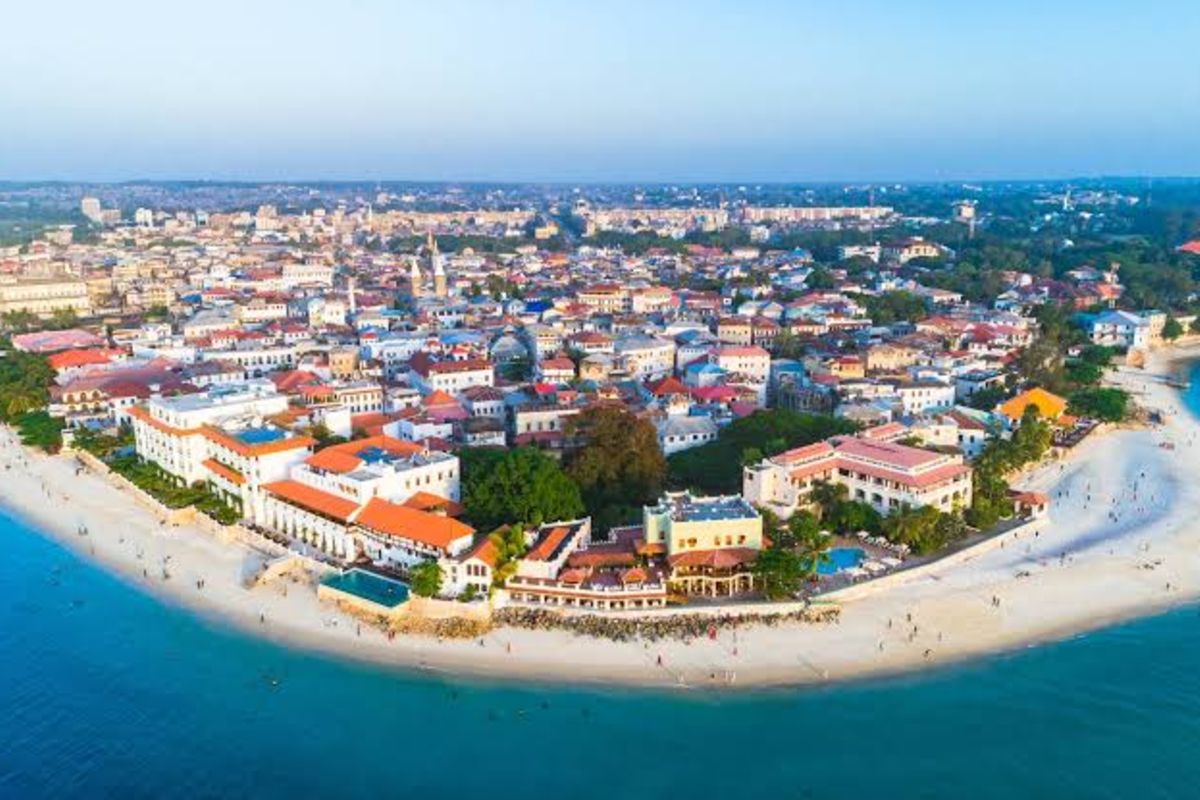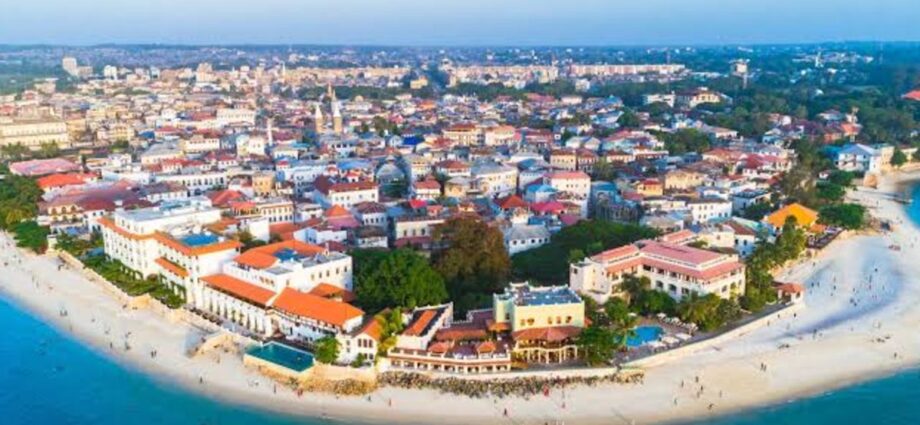
Unguja. The Zanzibar Housing Corporation’s (ZHC) directive for residents of the Development Houses in Kikwajuni to vacate their homes within 90 days has ignited outrage among affected citizens and advocacy groups.
A letter from the Zanzibar Housing Corporation (ZHC), dated October 21 and obtained by The Citizen, informed tenants they have three months to prepare for relocation.
“The Corporation would like to inform you that you are being given a period of three (3) months from the date of this letter to prepare for relocation in order to facilitate construction of houses and to support the Revolutionary Government of Zanzibar’s initiative to provide its citizens with quality and safe housing that meets modern standards,” reads the letter.
Opposition party ACT-Wazalendo is among the groups that has challenged ZHC’s justification for the abrupt relocation, which ZHC says is based on a housing inspection conducted in 2018.
The party’s shadow minister, Rashid Ali Abdallah, criticized the government for taking six years to act on the inspection’s findings while imposing a dangerously short notice period on residents.
“These Development Houses are not just structures; they represent a significant part of our history, as the first project aimed at providing quality housing for the people of Zanzibar,” Abdallah stated.
He referenced the vision of the late President Mzee Abeid Amani Karume, who established these homes to support low-income families.
ACT Wazalendo argues that the government’s actions seem to favor private investors over the vulnerable populations currently residing in these houses.
They are concerned that this relocation could serve as a pretext for urban development projects that do not benefit the original residents.
The spokesperson noted a similar failed initiative in the Kilimani Development Houses area, suggesting a pattern of displacing low-income families for investment interests.
The directive has also attracted the attention of several prominent figures, including Ambassador Ali Abeid Karume and former Kikwajuni MP Parmukh Hogan Sigh. Ambassador Karume warned that any decision to demolish these buildings and forcibly relocate residents could create discord between the Zanzibar government and its citizens.
He expressed concern that someone with ill intentions might disrupt the government’s goodwill, inciting division and unrest.
“The German buildings are not the property of the Zanzibar Housing Corporation; they are under the jurisdiction of the Zanzibar Revolutionary Government. These structures were built by East Germany to assist impoverished citizens. The decision to evict residents could provoke significant turmoil,” Karume said. He emphasized the need to understand the reasons behind the construction of these houses and the terms under which they were left, rather than acting arbitrarily.
Former Kikwajuni MP Parmukh Singh Hogan remarked that demolishing these houses would erase an important chapter in the history between Germany and Zanzibar. East Germany was the first nation to recognize the Zanzibar Revolution in 1964, followed by China and Cuba, among others.
“It is not right to demolish these buildings without consultation. This involves politics, history, and tourism. Changing their use disrupts relationships. It would be better to involve Germany than to erase a historical landmark,” Hogan stated.
Meanwhile, the chairperson of the committee monitoring the dispute, Jaha Ame Rajab, reported that residents have begun meetings with government leaders to discuss the issue. He noted that the district commissioner, Rashid Masaraka, has already met with his committee, indicating ongoing discussions, though the outcome remains uncertain.
“There are many families living in the German buildings. Asking them to leave for investment purposes is not a simple matter. If handled poorly, this could lead to significant political and historical repercussions,” Jaha warned.
He pointed out that many residents have lived in these buildings since the first administration of the Zanzibar Government, so any decision to evict them could stir resentment and lead to a major, unresolved conflict.
The Kikwajuni high-rise buildings were constructed after the revolution as part of an initiative to provide quality housing for citizens, with support from the East German government.














